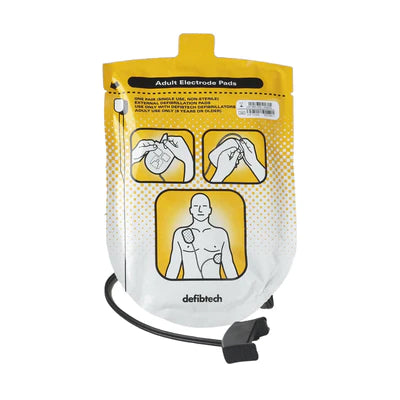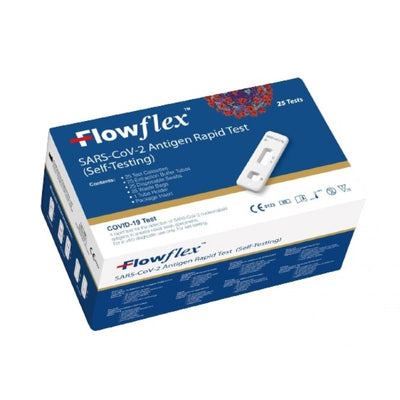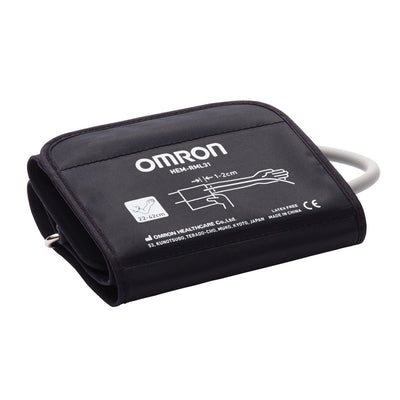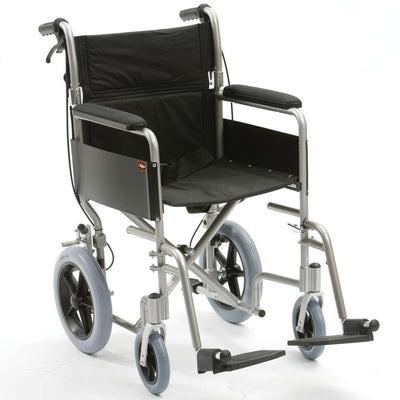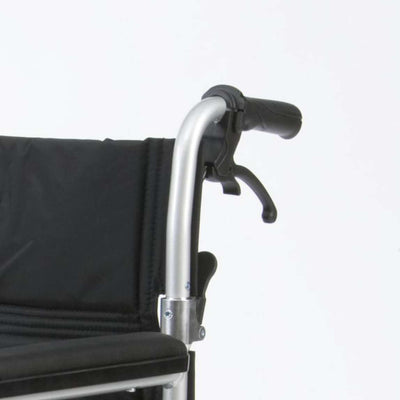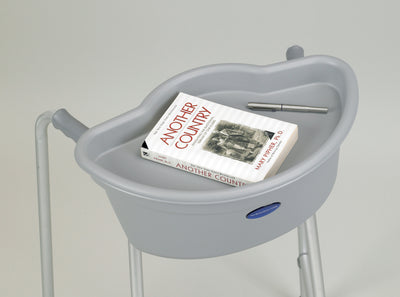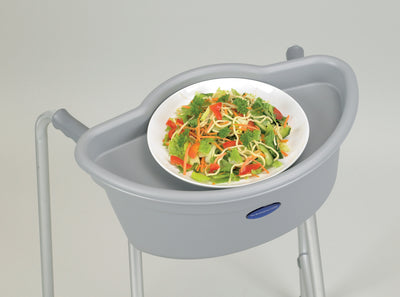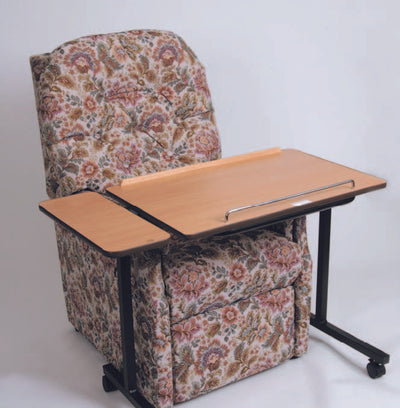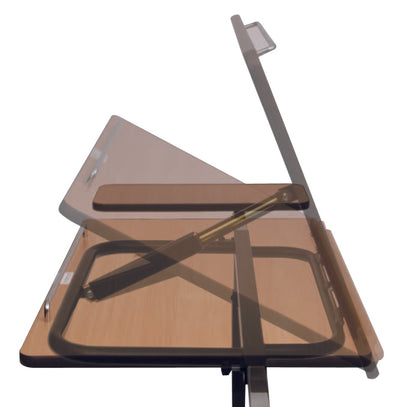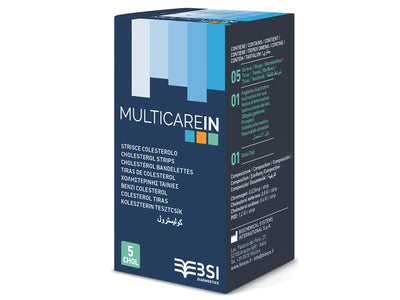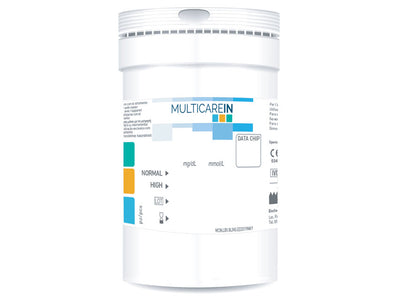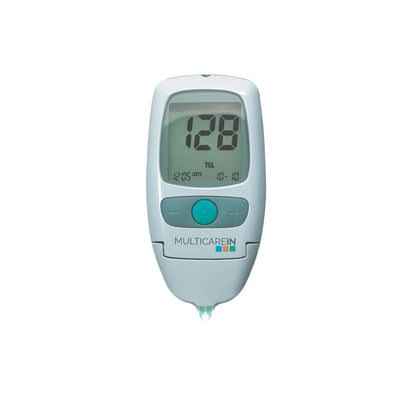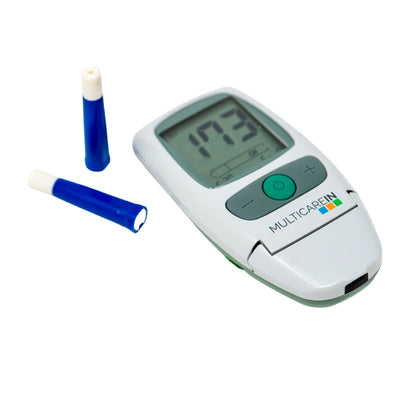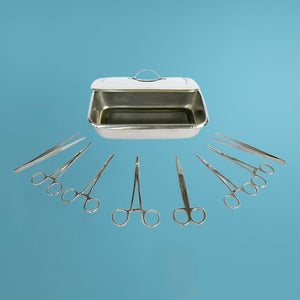Blogs

Easy Steps to Manage Your Child's Asthma
06.02.2024
Asthma is the most common long-term medical condition in children in the UK, with around one in 11 children and young people living with asthma. It also continues to have the highest rates of emergency hospital admissions for children and young people. Hence, managing the condition requires careful attention to support your child to live healthily and issue-free.
Develop an Asthma Action Plan
Your GP or asthma nurse will help you assemble an asthma action plan that will include all of the information specific to your child’s condition in one place.
The plan will outline what to do if your child suffers an asthma attack and day-to-day symptom management, including peak flow measurements and medication needs, when to use a nebuliser and when to seek medical assistance.
If your child goes to school or daycare, communicate with teachers and staff about your child's asthma management plan. Ensure they understand how to administer medications through the nebuliser if needed. Your school should also hold a spare inhaler/nebuliser in their medical supplies cupboard for your child in an emergency.
Educate Your Child
Your child could be living with asthma for the rest of their life and will, at some point, need to manage their symptoms.
Teach your child about their asthma and the importance of taking their medications as prescribed. As they grow older, include them in their treatment decisions and encourage them to recognise and monitor their symptoms. They will also learn the importance of letting their friends, future work colleagues, etc., know about their condition should they ever need emergency support.
Create a Routine
If your child has been prescribed daily preventer medicine to keep the inflammation in their airways down, it’s essential to establish a good and easy routine that works for you and them.
Perhaps you’ll start using their nebuliser treatment at the same time each day (on waking or after toothbrushing etc. - whatever works alongside the prescribed treatment). This is especially important if they need treatments more than once a day.
Consistency is key to effective asthma management.
Identify Triggers and Changes in Symptoms
Work with your nurse or GP to identify and minimise asthma triggers such as allergens, respiratory infections, and exposure to irritants like tobacco smoke. Include these triggers in your asthma plan and share them with anyone responsible for taking care of your child when you are not around.
Keeping track of the ebbs and flows of your child’s asthma over time can also be helpful. Starting a peak flow diary can provide clear information to you and your asthma nurse. It can inform future medicine changes and potential triggers and situations you want to avoid.
Check your Child’s Inhaler and Nebuliser Technique
Good technique with taking asthma medicine can decrease the risk and number of attacks. Make sure that you, your child, and any caregivers understand how to use their inhaler and nebuliser correctly. Follow the steps in the manufacturer's instructions and seek guidance from the healthcare provider if needed.
Maintain a good hygiene routine for your nebuliser equipment to prevent contamination and safe, effective medication delivery.
Prepare for Emergencies
Educate family members, carers, and your child about the steps to take in an asthma emergency. Make sure everyone knows when & how to administer rescue medications and, importantly, when to seek medical help.
Every child's asthma is unique, and their treatment plan should be tailored to their specific needs. Regular check-ups with updated asthma management strategies will help your child effectively manage their condition and lead a healthy, active life.
Need more help? We're always here to help so get in touch today.
For all your Medical and Homecare supplies give us a call at Mediworld.
We have over 40 years experience in medical, surgical, mobility and home health supplies and we're always on hand to chat if you need support or advice and don't forget to read our other great health blogs!
Learn More Now

